Trump's Kennedy Center Visit: Les Misérables Cast Weighs Boycott

Table of Contents
The Kennedy Center Honors and its Tradition
The Kennedy Center Honors, established in 1978, annually recognizes individuals who have made significant contributions to American culture through the performing arts. The event boasts a long and illustrious history, featuring past honorees such as legends like Stephen Sondheim, Paul McCartney, and Oprah Winfrey. These individuals represent the pinnacle of achievement in various artistic fields, making the Honors a highly coveted accolade. The ceremony itself is a lavish affair, broadcast nationally, solidifying its place as a significant event in the American cultural calendar. While generally a celebration of artistic achievement, past controversies, though less prominent than the current one, have highlighted the evolving relationship between art and politics.
Donald Trump's Attendance and the Public Reaction
Donald Trump's presence at the Kennedy Center Honors in 2023 (adjust year as needed) was met with considerable and immediate public backlash. Invited as a guest, his attendance ignited a firestorm of debate on social media and in mainstream news outlets. Supporters lauded his appearance as a sign of his respect for the arts and American culture. However, detractors pointed to his controversial policies and rhetoric, arguing that his presence undermined the artistic integrity of the event and disrespected the honorees. The political climate, already deeply divided, served as fertile ground for this controversy, transforming a celebration of art into a highly charged political spectacle. The polarized reaction perfectly illustrated the deep societal divisions prevalent in America at the time.
The Les Misérables Cast's Potential Boycott
Following Trump's invitation, the cast of the Les Misérables production considered a boycott of the Honors. Reports and interviews with cast members hinted at strong moral objections to associating themselves with the former president. Their deliberations highlighted the conflict between artistic integrity and political expression. A boycott, it was argued, would be a powerful statement against Trump's policies and a demonstration of solidarity with those marginalized by them. However, such a bold move also carried significant risks: potential damage to the cast's careers, severe public backlash, and the loss of opportunities.
Arguments For and Against the Boycott
Arguments in favor of a boycott included:
- Moral opposition to Trump's policies: Many felt that attending an event with Trump would implicitly endorse his actions and ideologies.
- Protecting artistic integrity: The cast considered associating with a controversial figure as detrimental to the artistic merit of their work and the Honors themselves.
- Using the platform to amplify political messages: A boycott offered a chance to make a powerful statement against injustice and political oppression.
Arguments against a boycott included:
- Potential for negative backlash: Boycotting risked alienating potential audiences and harming the cast's reputations.
- Risk of losing opportunities: The boycott could have led to future career setbacks and missed opportunities within the entertainment industry.
- Importance of separating art from politics: Some believed that political stances should not overshadow the celebration of artistic achievement.
The Broader Implications of the Controversy
The controversy surrounding Trump's attendance and the Les Misérables cast's potential boycott has far-reaching implications. It underscores the ever-increasing political polarization in society and the increasingly blurred lines between art and politics. Artists are increasingly being asked to take a stand, forcing them to confront the ethical dilemmas involved in navigating their roles within the public sphere. The incident could set a precedent for future Kennedy Center Honors events, potentially influencing the selection process for both honorees and guests, and highlighting the need for greater sensitivity and awareness around political affiliations in cultural celebrations. This situation highlights a fundamental shift in the relationship between artists, politics, and public events.
Conclusion
The conflict surrounding Trump's Kennedy Center Honors visit and the potential Les Misérables boycott showcases a complex interplay of artistic integrity, political viewpoints, and ethical considerations. The arguments for and against a boycott reflected the deep societal divisions, highlighting the tension between using art as a platform for political expression and maintaining the artistic integrity of the event. The long-term consequences remain to be seen, but the controversy undoubtedly leaves an indelible mark on the history of the Kennedy Center Honors. What are your thoughts on the controversy surrounding the Kennedy Center Honors and the potential boycott? Share your perspective in the comments below!

Featured Posts
-
 Colapinto For Doohan At Imola Separating Fact From Speculation In F1 Driver Changes
May 09, 2025
Colapinto For Doohan At Imola Separating Fact From Speculation In F1 Driver Changes
May 09, 2025 -
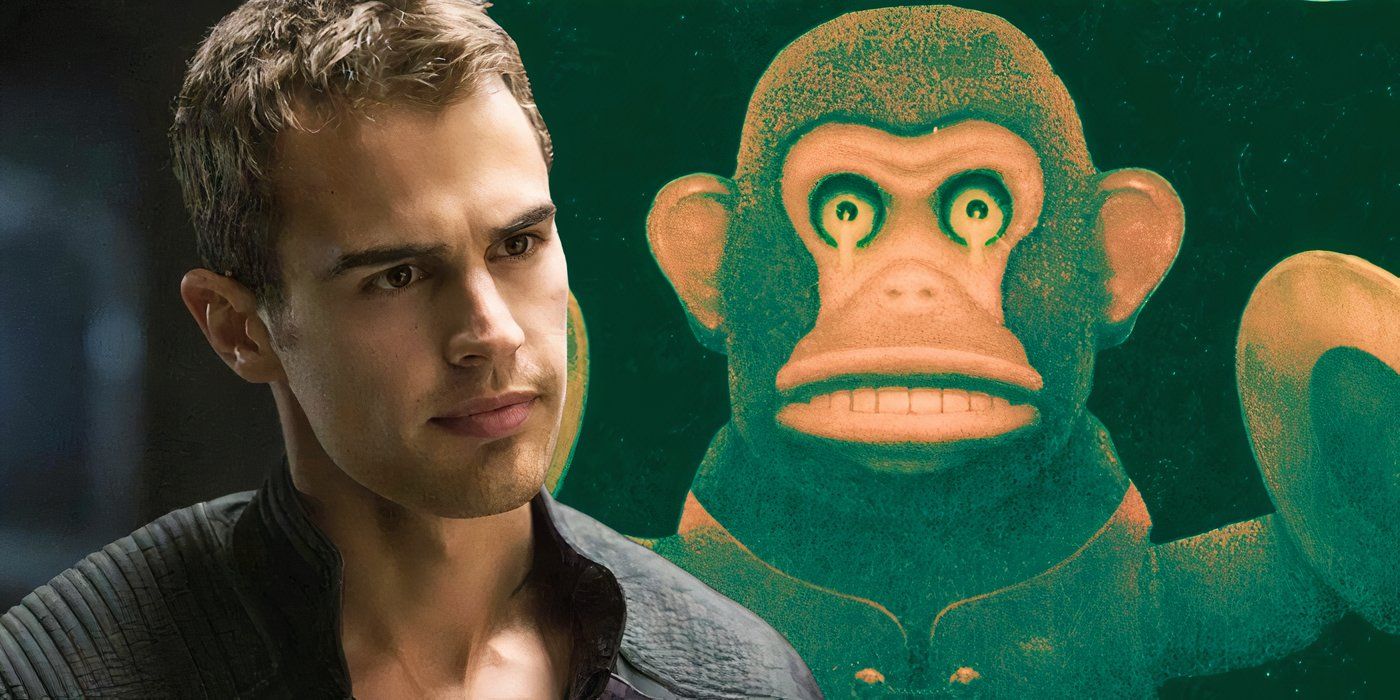 The Impact Of The Monkey Assessing Stephen Kings 2025 Film Adaptations
May 09, 2025
The Impact Of The Monkey Assessing Stephen Kings 2025 Film Adaptations
May 09, 2025 -
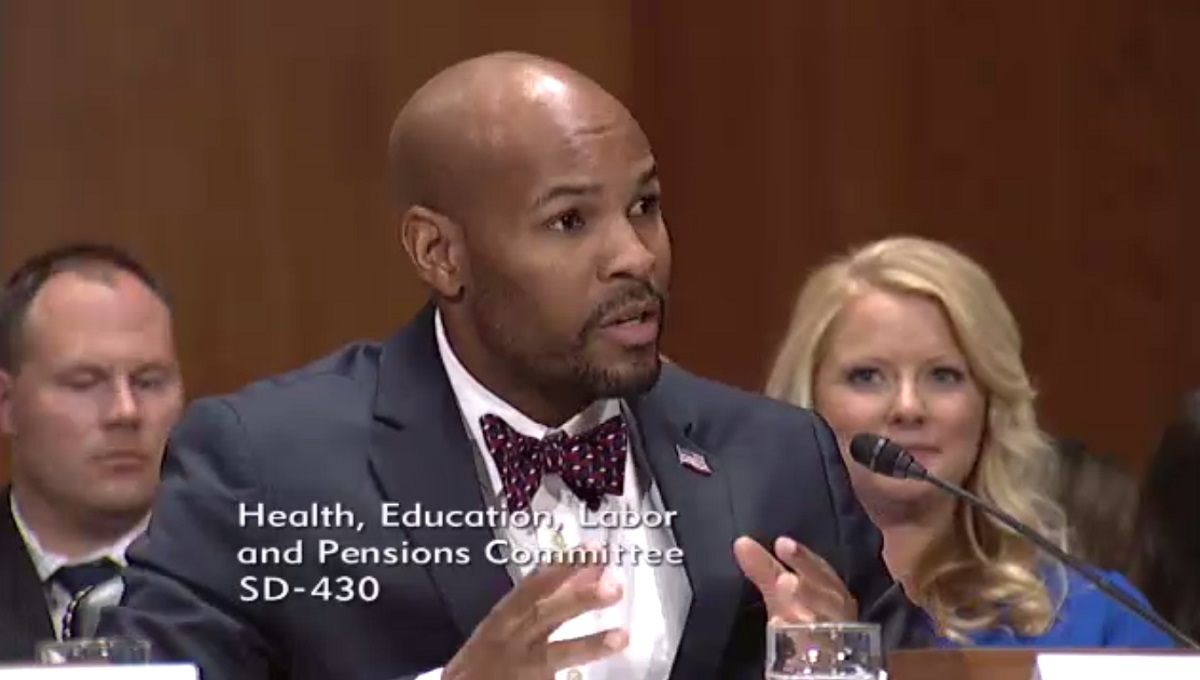 White Houses Unexpected Choice Maha Influencer Replaces Withdrawn Surgeon General Nominee
May 09, 2025
White Houses Unexpected Choice Maha Influencer Replaces Withdrawn Surgeon General Nominee
May 09, 2025 -
 Lisa Rays Air India Complaint Airline Denies Actors Claims
May 09, 2025
Lisa Rays Air India Complaint Airline Denies Actors Claims
May 09, 2025 -
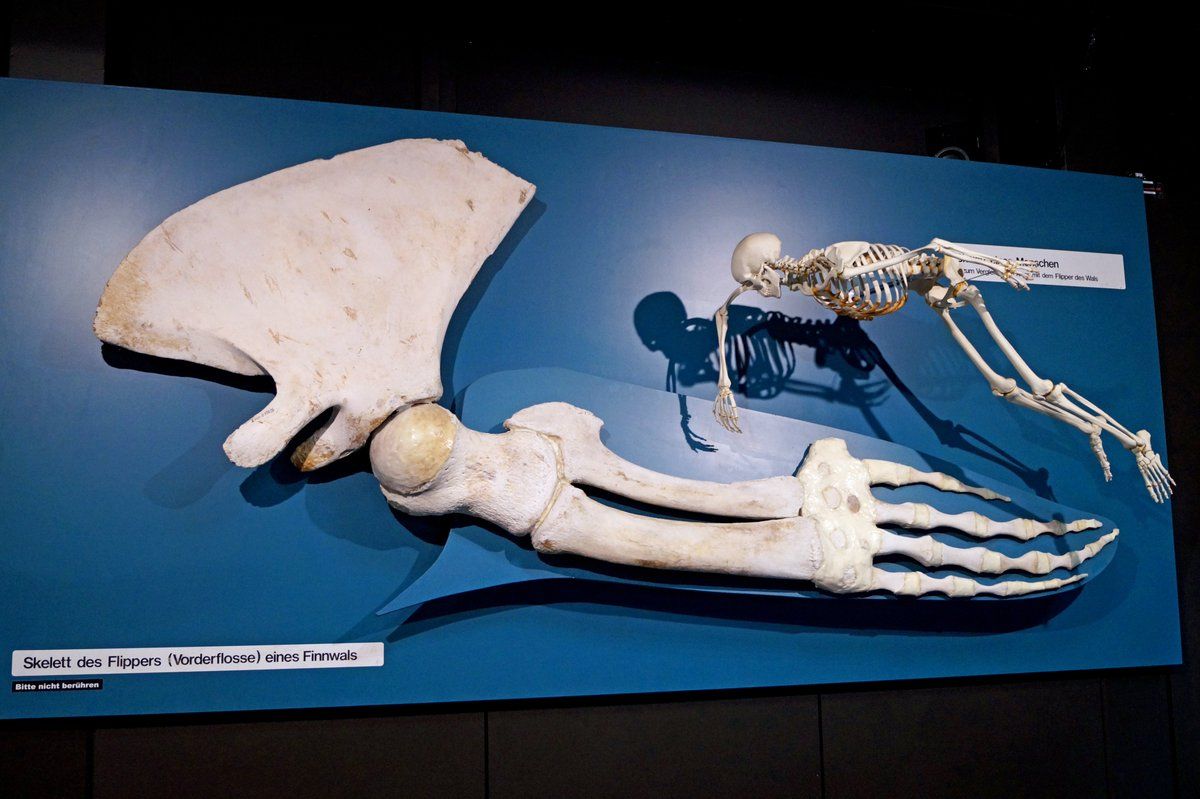 Rising Temperatures And Soft Mud Challenges In Recovering Anchorage Fin Whale Remains
May 09, 2025
Rising Temperatures And Soft Mud Challenges In Recovering Anchorage Fin Whale Remains
May 09, 2025
Latest Posts
-
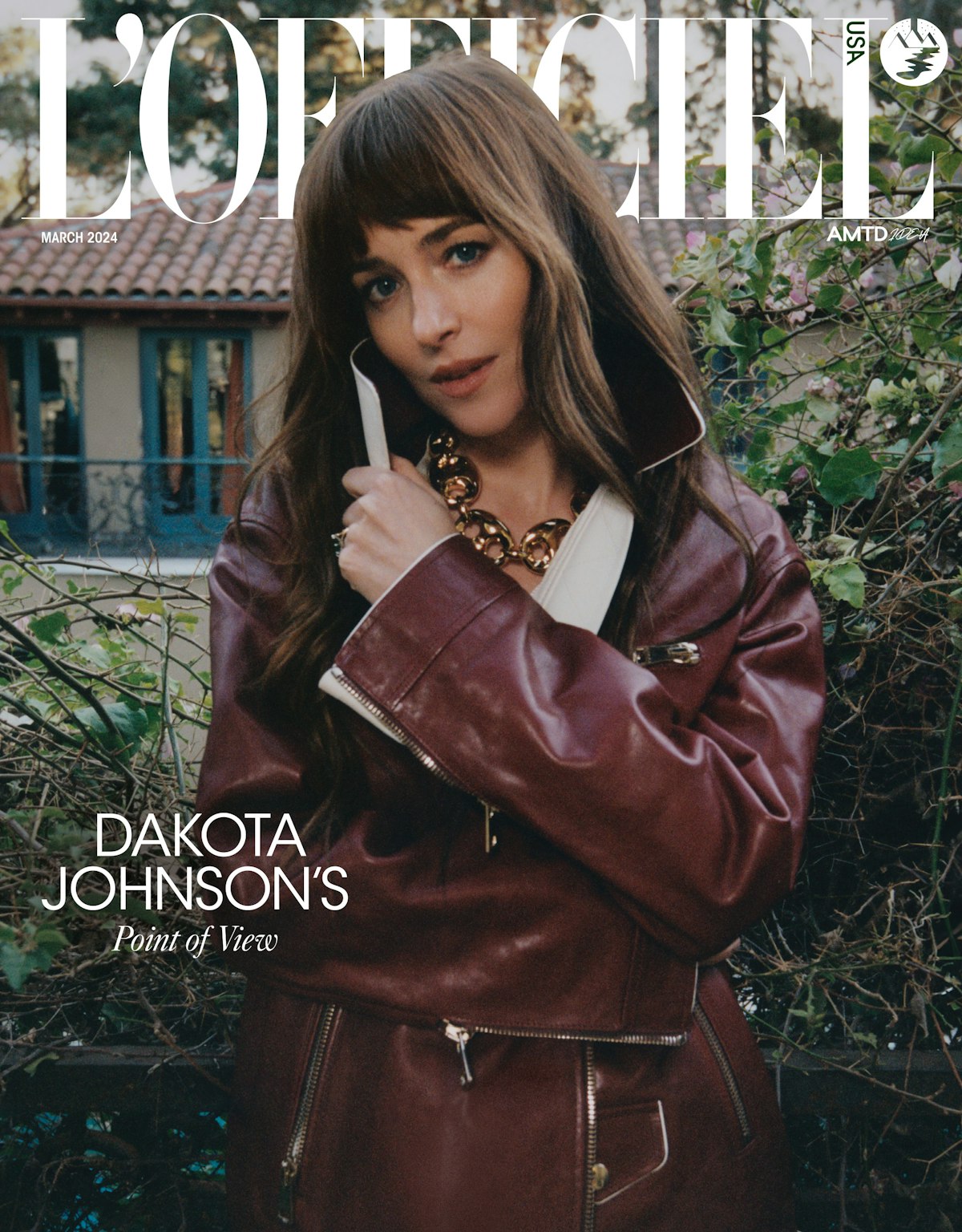 Family Support For Dakota Johnson At Materialist Film Premiere
May 09, 2025
Family Support For Dakota Johnson At Materialist Film Premiere
May 09, 2025 -
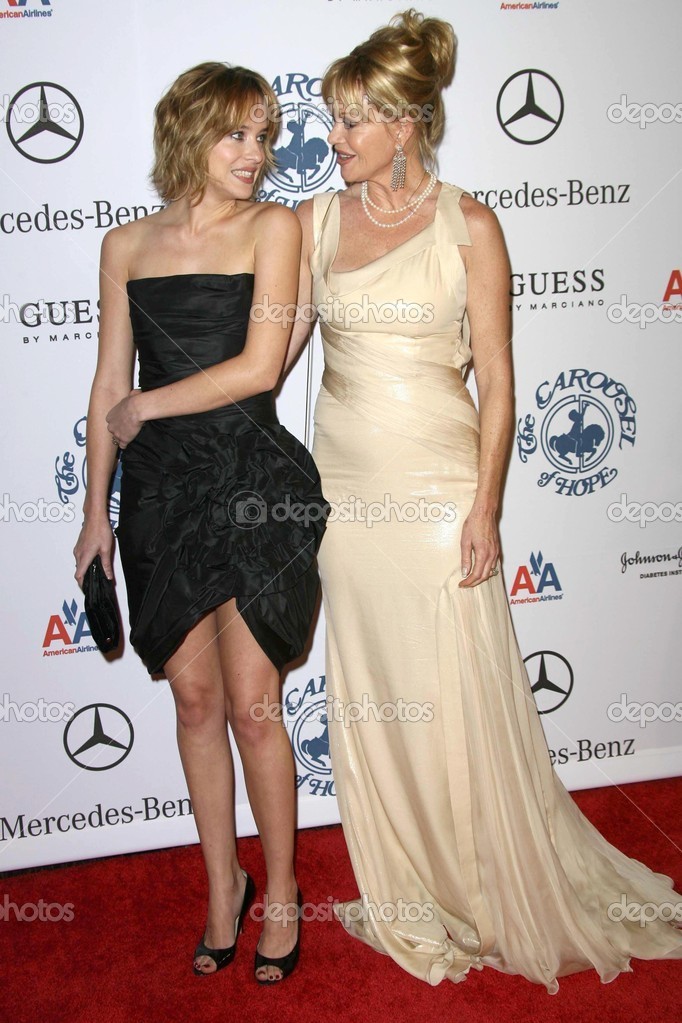 Melanie Griffith And Siblings Support Dakota Johnson At Movie Premiere
May 09, 2025
Melanie Griffith And Siblings Support Dakota Johnson At Movie Premiere
May 09, 2025 -
 Family Support For Dakota Johnson At Materialist Film Screening
May 09, 2025
Family Support For Dakota Johnson At Materialist Film Screening
May 09, 2025 -
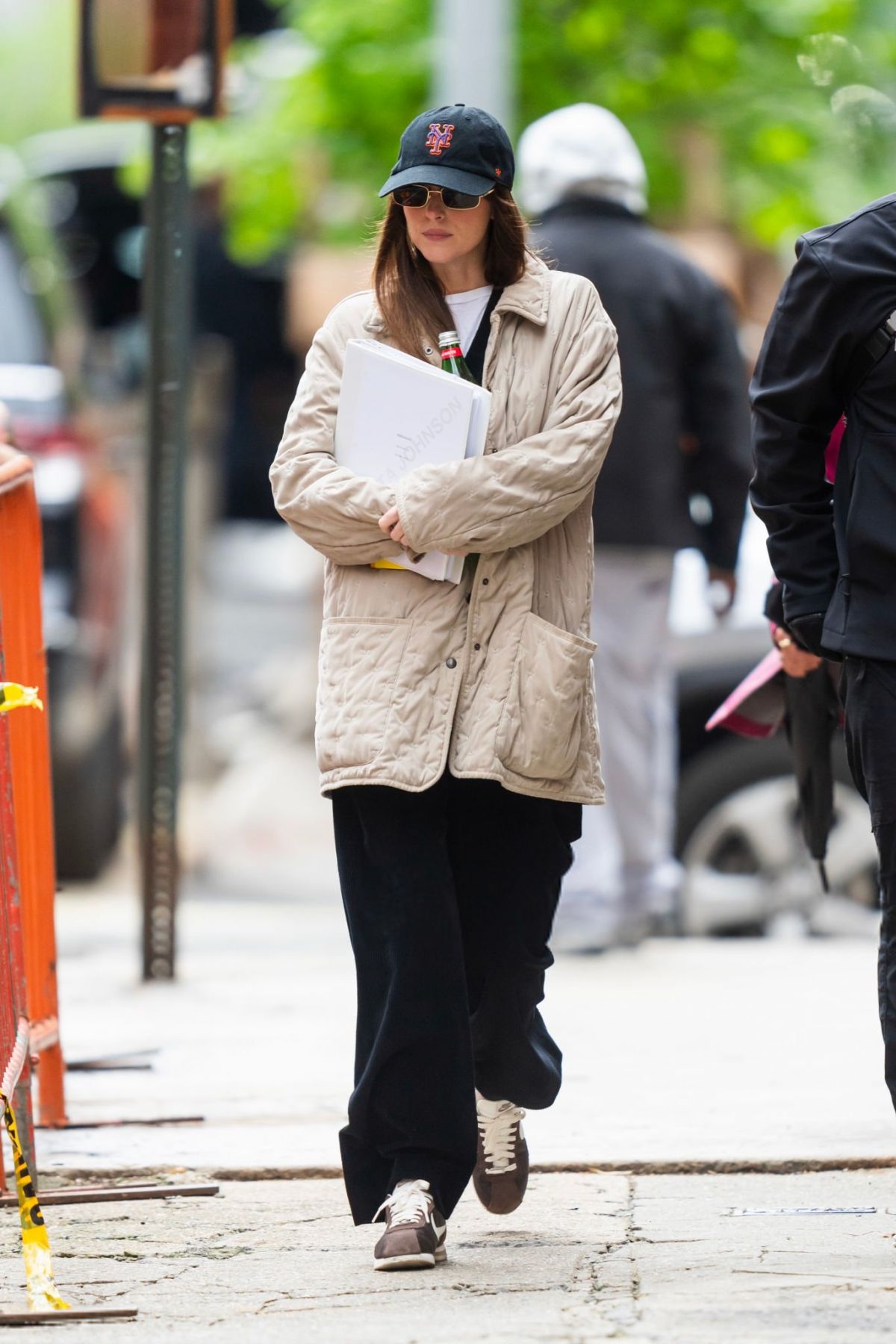 Dakota Johnson And Family At Materialist La Screening
May 09, 2025
Dakota Johnson And Family At Materialist La Screening
May 09, 2025 -
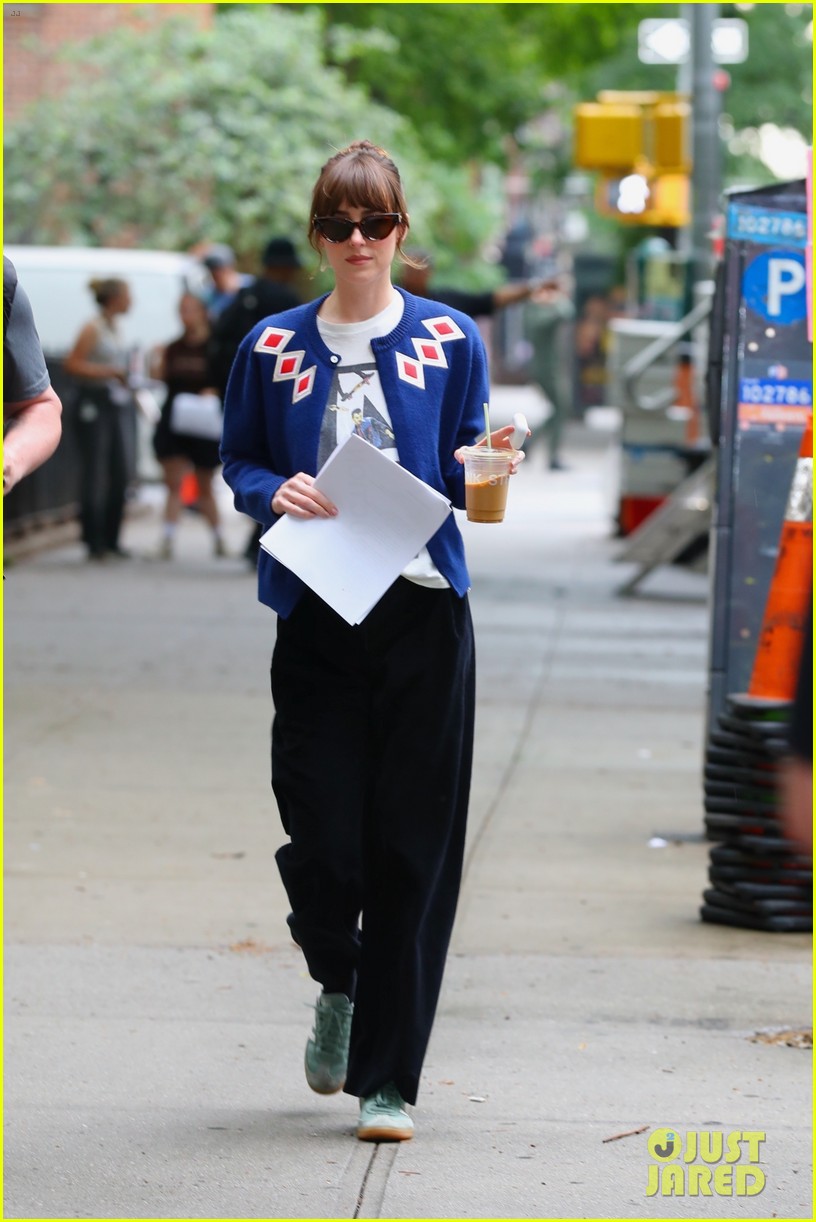 Dakota Johnsons Materialist Premiere Family In Attendance
May 09, 2025
Dakota Johnsons Materialist Premiere Family In Attendance
May 09, 2025
